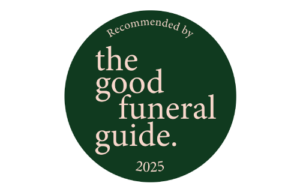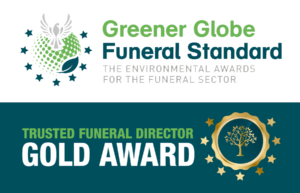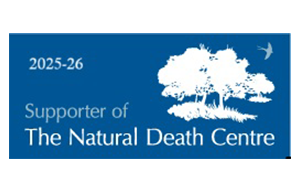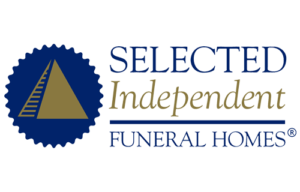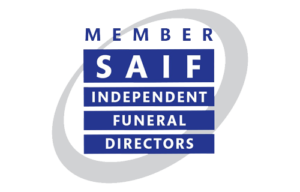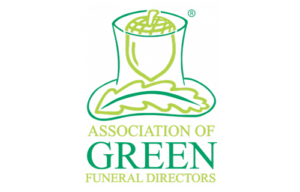What to do when someone dies at home
If your loved one has died at home, here is what usually happens next- and how we can support you.
Call the doctor
A doctor will need to visit to confirm the death. This may be your GP, or an on-call locum doctor. The doctor will consult the local Medical Examiner to agree on the cause of death, and then they'll send the Medical Certificate of the Cause of Death (MCDD) to the Registrar's Office that covers the area where the death happened. This may take a couple of days, so if you want the funeral to take place as soon as possible, let the doctor know.
Contact us
Once the doctor has attended, you can call us any time - day or night - on 020 7387 6075. We'll bring your loved one into our care, with dignity and respect.
If you'd prefer for them to remain at home for a little while, we'll offer guidance on how to do this safely and appropriately.
What happens next
Once the MCCD is completed, it will be emailed to the Registrar's office by the Medical Examiner (ME)
- After someone dies, a medical examiner has to check the cause of death to make sure that it's accurate. The ME is a senior doctor and they will not have been involved in the care of the person who has died.
- The ME's office will then contact you to explain the cause of death, answer any questions that you may have about this, or the healthcare provided to the person before they died. This is voluntary and you do not have to speak to them.
- You may not be told when the MCCD has been sent to the Registrar, but you can check with the doctor or ask us to do this for you.
- You'll then have to make an appointment to register the death, usually at the Registry Office that covers the area where the death happened.
- A relative should register the death, but if there are no relatives, you can do it if you: were there at the time of death or are in charge of making funeral arrangements.
You don't need to wait to speak to us. If you'd like to begin discussing funeral arrangements, we're here to help at any time - before or after registration.
After registration
We can begin making arrangements before the death is registered, or we can wait until it's done if you prefer and help you work out what's right for you. There's no rush. We'll take things completely at your pace.
You can also refer to the government's step by step guide on what to do after someone dies.
If the death was unexpected
In some cases, if the death was sudden or unexpected, the doctor may need to refer to a Coroner.
We'll explain this process clearly if it happens and offer any support that we can.
Find out more about the Coroner's process.
